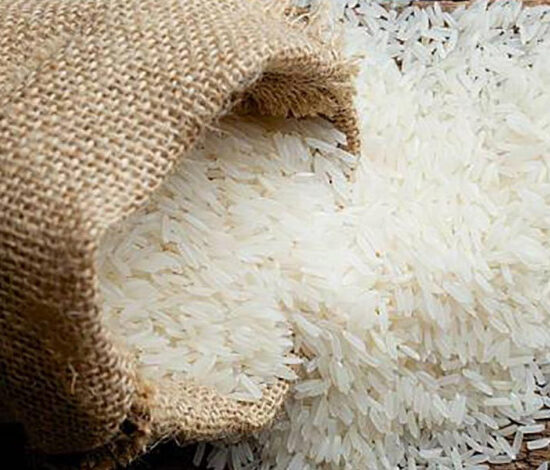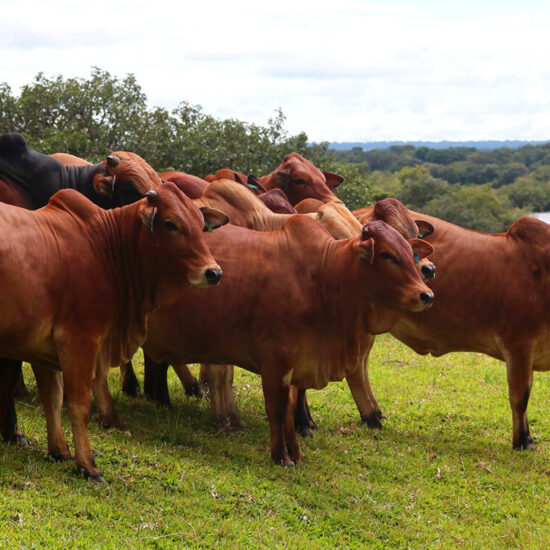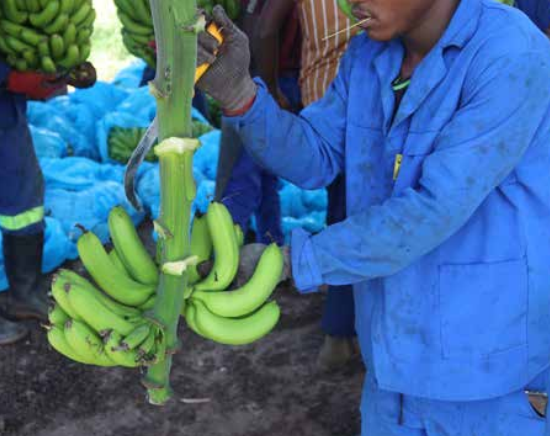
Stock feed prices which have been recording steep price increases are being investigated. This has forced government to halt the issuance of export permits to allow for a stakeholder review of the price trends.
Government says the suspension of the issuance of export permits for stock feed and its ingredients is meant to address the continued increase of stock feed prices on the market despite key ingredients being sourced locally.
The issuance of export permits for stock feed was with immediate effect suspended on 25th July 2021 and government directed producers of stock feed not to increase prices of their products until concerns of livestock farmers are resolved.
However, firms with valid and already issued export permits will be allowed to conclude their exports as some may have already committed to contracts of supply. The suspension of new export permits issuance follows concerns that government received from some livestock farmers on the pricing and availability of stock feed.
Ministry of Livestock and Fisheries Permanent Secretary Benson Mwenya said the suspension period would allow stakeholders to analyze why the price of stock feed has continued to increase despite the ingredients that go into production of stock feed being sourced locally.
Mwenya said manufacturing companies may be importing premixes for the production of stock feed but the major ingredients such as soya, maize bran and wheat bran are sourced and grown locally, therefore the need to investigate the price increase.
Speaking in an interview with the Zambian Business Times-ZBT, Mwenya said the country had a bumper harvest for maize and soya beans, which was at its highest production compared to some years back when the production was very low, but stock feed prices continue to increase every month.
He said the suspension would allow stakeholders and all individuals involved in the matter to sit down and find out where the problem is in order to come up with solutions that will benefit both the producers and consumers.
He also said there is a high demand for stockfeed because the raw materials used in the manufacturing of the product are being exported which has affected the availability of the product on the market.
“Can you explain why you should have a bumper harvest yet keep increasing the price of stockfeed every day, that is the question that government is asking, that is the paradox we are trying to solve. Why have a bumper harvest yet keep increasing prices of stockfeed, even the kwacha was stable and has now started going down but prices of stock feed keeps increasing”, he questioned.







